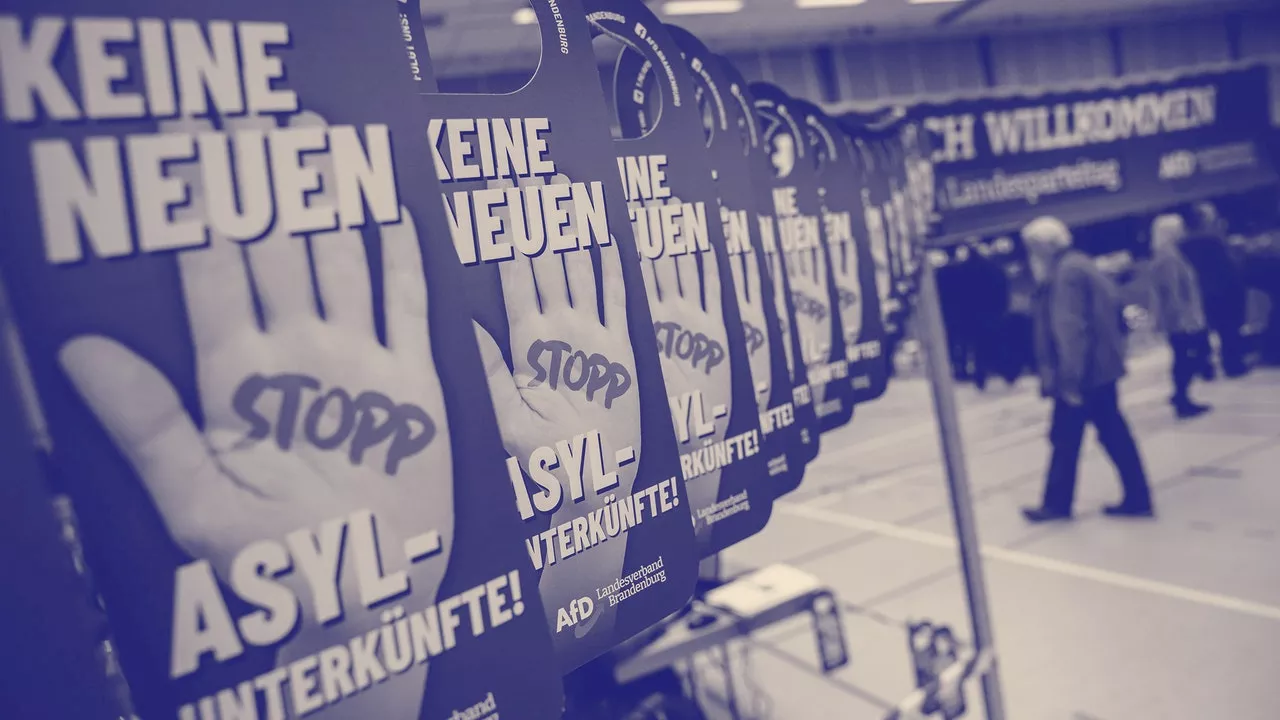Hans Kundnani, author and former head of the Europe Programme at Chatham House, discusses Germany's political landscape, highlighting the prevalence of grand coalitions and the implications for its democracy.
To better understand the state of German politics, I recently spoke by phone with Hans Kundnani, the author of multiple books about the country, and the former head of the Europe Programme at Chatham House, a British think tank.
During our conversation, which has been edited for length and clarity, we discussed how Merkel’s once vaunted legacy set her successor up to fail, how the German far right is distinct from its European counterparts, and whether the lack of disagreement among Germany’s major political parties is a threat to its democracy. What do you see as Germany’s central political problems? And do you view these as sui generis, compared to other countries experiencing political instability? What you have in German politics is a permanent grand coalition. When Angela Merkel became chancellor, in 2005, there had only ever been one grand coalition in the history of the Federal Republic. Since then, grand coalitions have become the norm. She led a grand coalition for three of her four terms in office. Under Scholz, we had this so-called “traffic light” coalition, which is not technically a grand coalition because it doesn’t include the Christian Democrats, but it’s functionally a grand coalition. And that’s partly to do with the way that it includes parties from across the political spectrum. You have the Social Democrats on the center left, you have the Greens, who at least on some issues are a left-wing party, but then you have the Free Democrats, which is very much a right-wing party. But there is such a consensus in the center ground of German politics that basically all the parties that might be in government agree on nearly everything. The differences are really very minor, which is very different from the United States. So I think of the Scholz government as a continuation of the Merkel consensu
GERMANY POLITICS GRAND COALITION MERKEL LEGACY CONSENSUS
United States Latest News, United States Headlines
Similar News:You can also read news stories similar to this one that we have collected from other news sources.
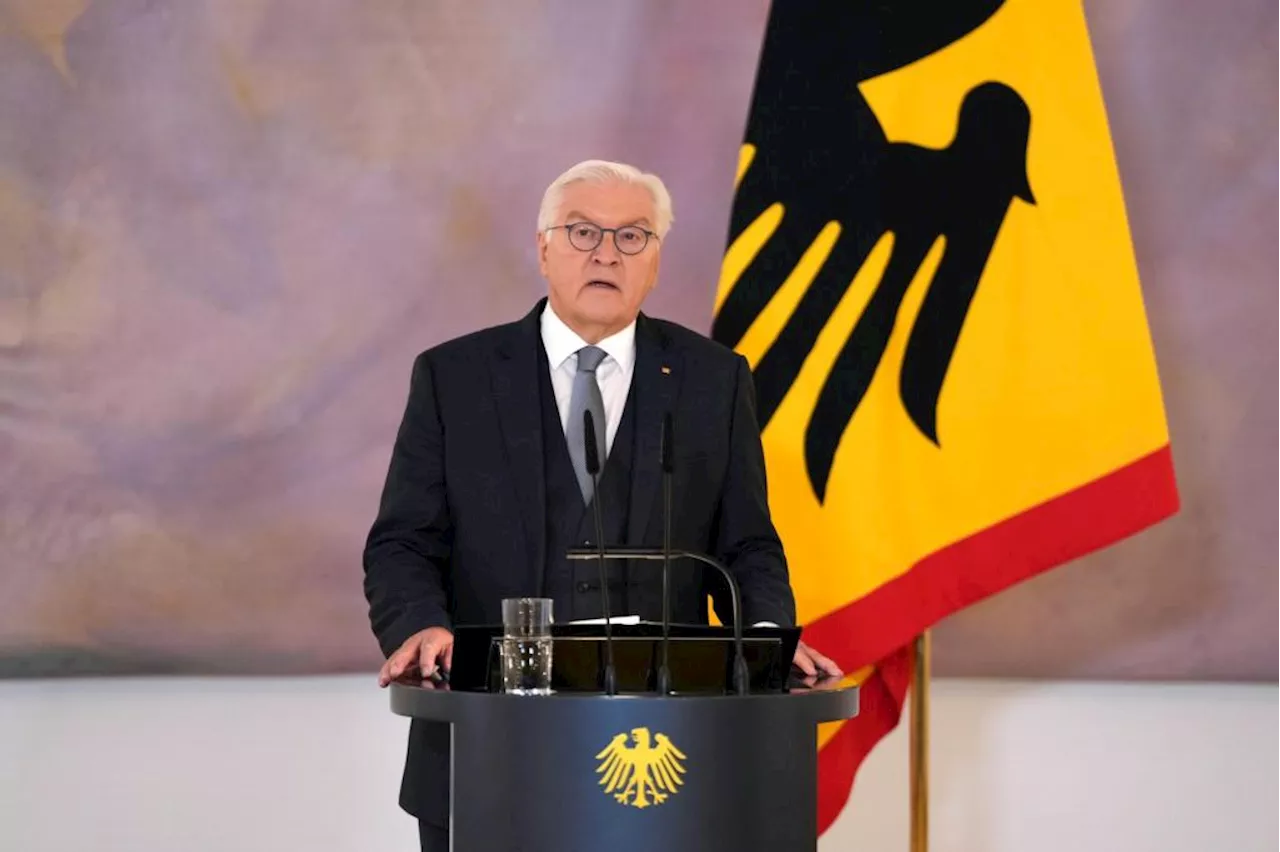 Germany to Hold Snap Elections in February Amidst Coalition CollapseGerman President dissolves parliament and sets new election date after Scholz's coalition government falls.
Germany to Hold Snap Elections in February Amidst Coalition CollapseGerman President dissolves parliament and sets new election date after Scholz's coalition government falls.
Read more »
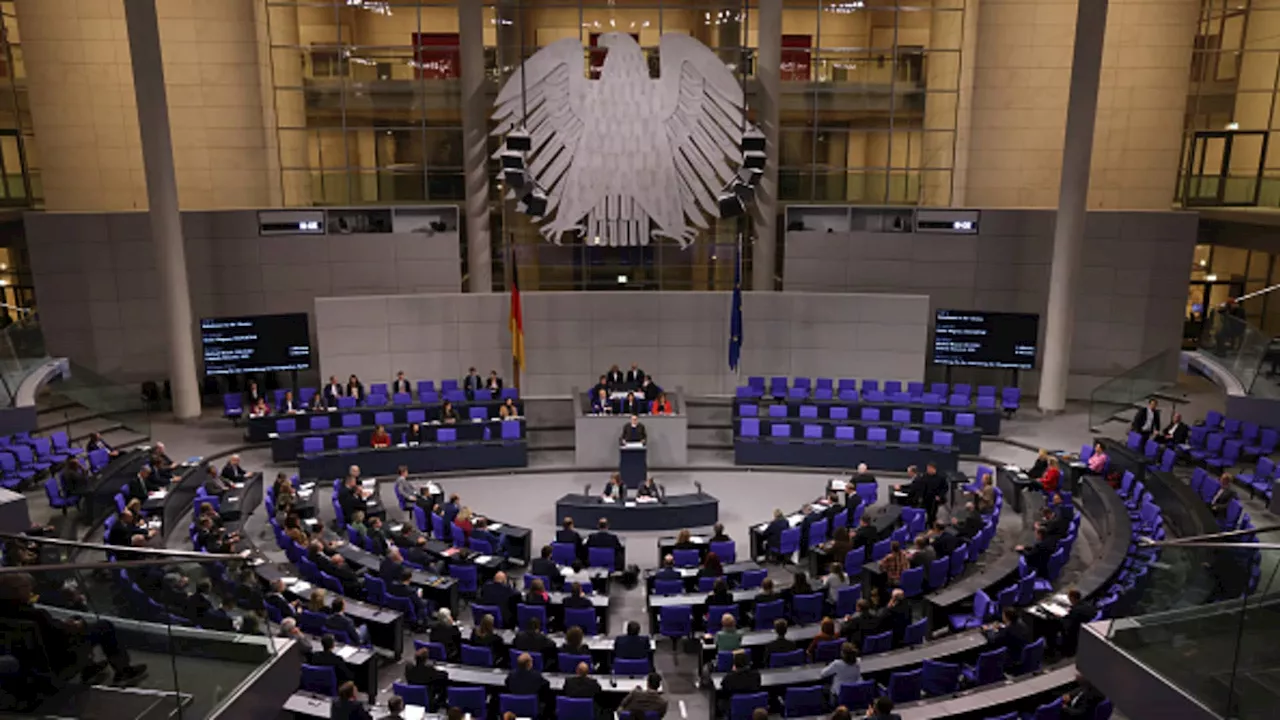 Germany to Hold Snap Elections in February After Coalition CollapseGerman President Frank-Walter Steinmeier dissolved parliament, triggering snap elections on February 23rd. The move follows the collapse of Chancellor Olaf Scholz's three-party coalition after the Free Democrats withdrew, leaving the government without a legislative majority. Scholz will lead a caretaker government until a new one is formed.
Germany to Hold Snap Elections in February After Coalition CollapseGerman President Frank-Walter Steinmeier dissolved parliament, triggering snap elections on February 23rd. The move follows the collapse of Chancellor Olaf Scholz's three-party coalition after the Free Democrats withdrew, leaving the government without a legislative majority. Scholz will lead a caretaker government until a new one is formed.
Read more »
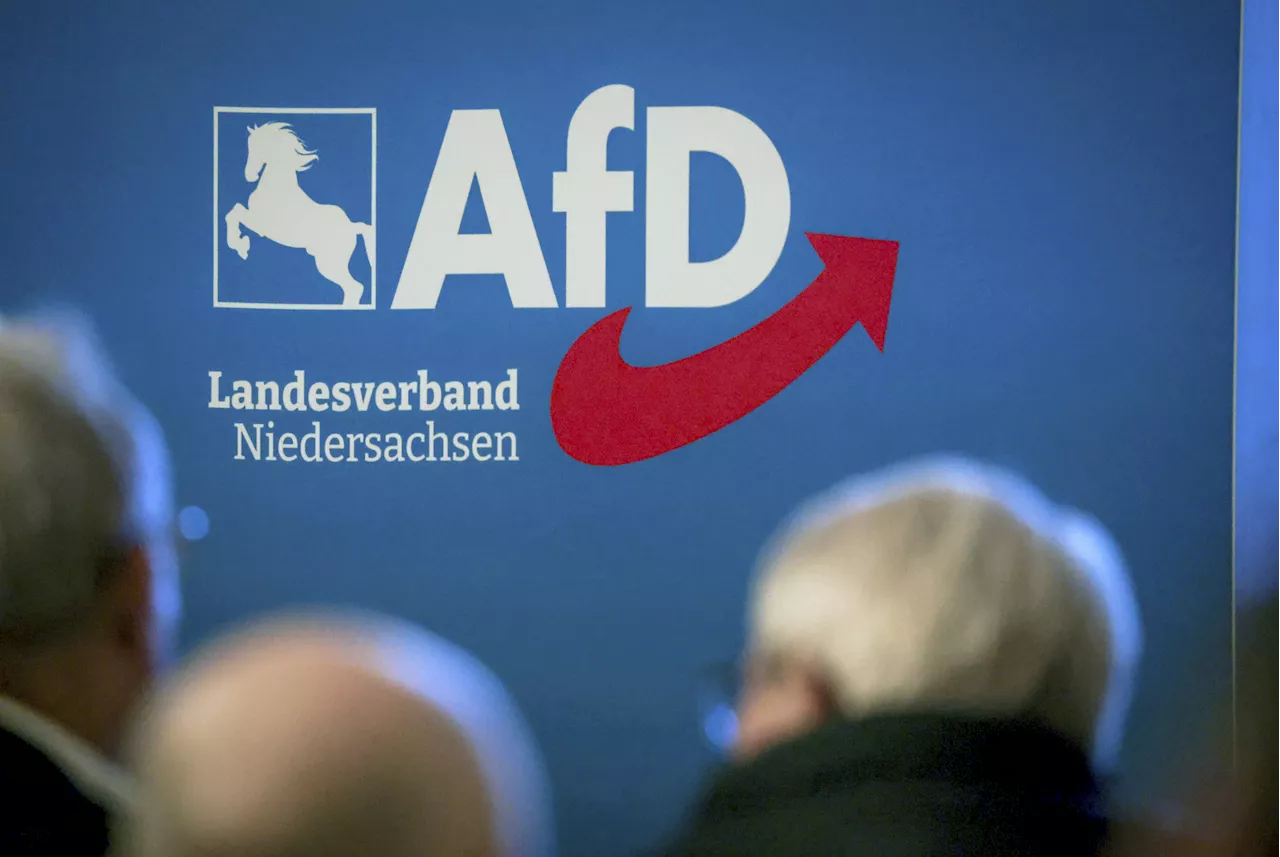 Can AfD Party Win Germany Election? What We KnowGermany's right-wing Alternative for Germany (AfD) party has been endorsed by Elon Musk.
Can AfD Party Win Germany Election? What We KnowGermany's right-wing Alternative for Germany (AfD) party has been endorsed by Elon Musk.
Read more »
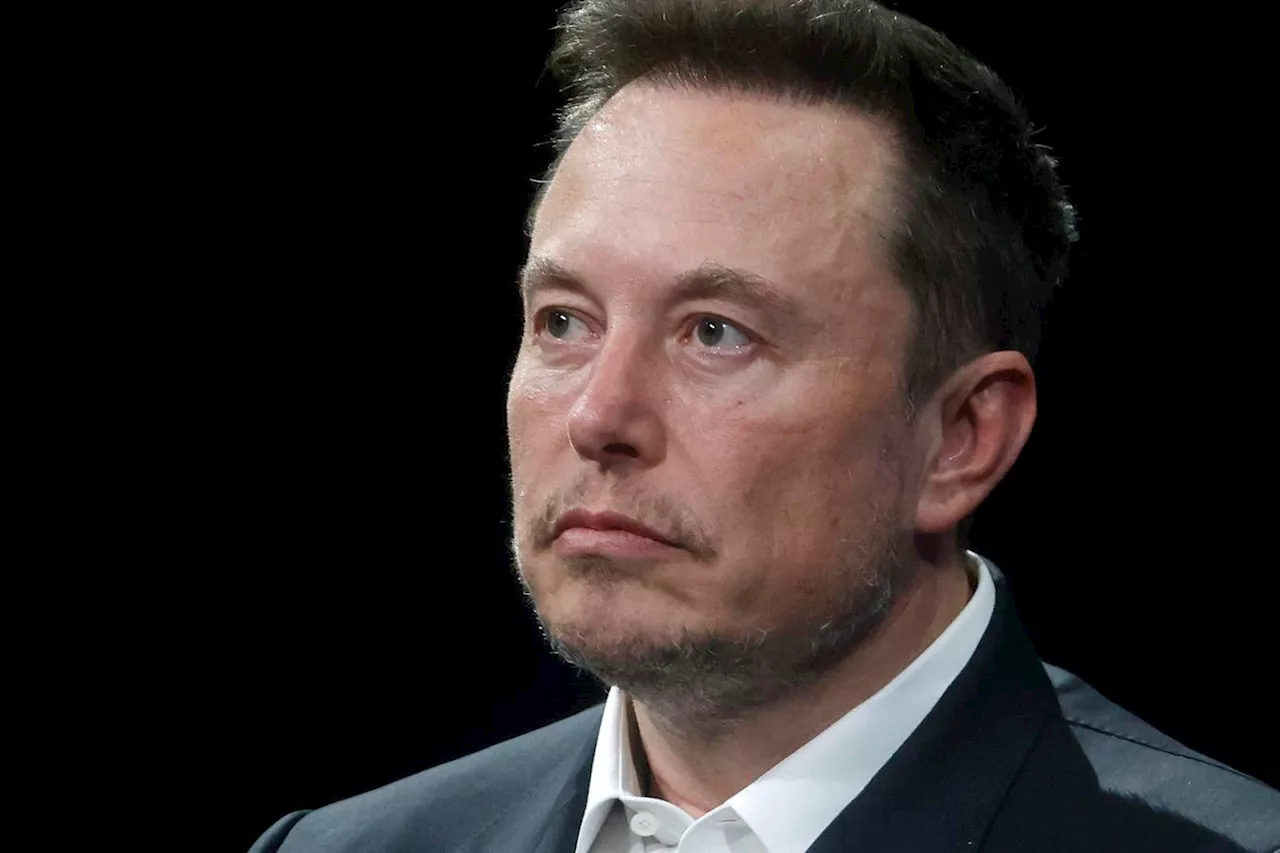 Elon Musk Says Far-Right German Party Is The Only One Equipped To ‘Save Germany’Germany’s intelligence agency has monitored the party, known as Alternative for Germany, for suspected extremism.
Elon Musk Says Far-Right German Party Is The Only One Equipped To ‘Save Germany’Germany’s intelligence agency has monitored the party, known as Alternative for Germany, for suspected extremism.
Read more »
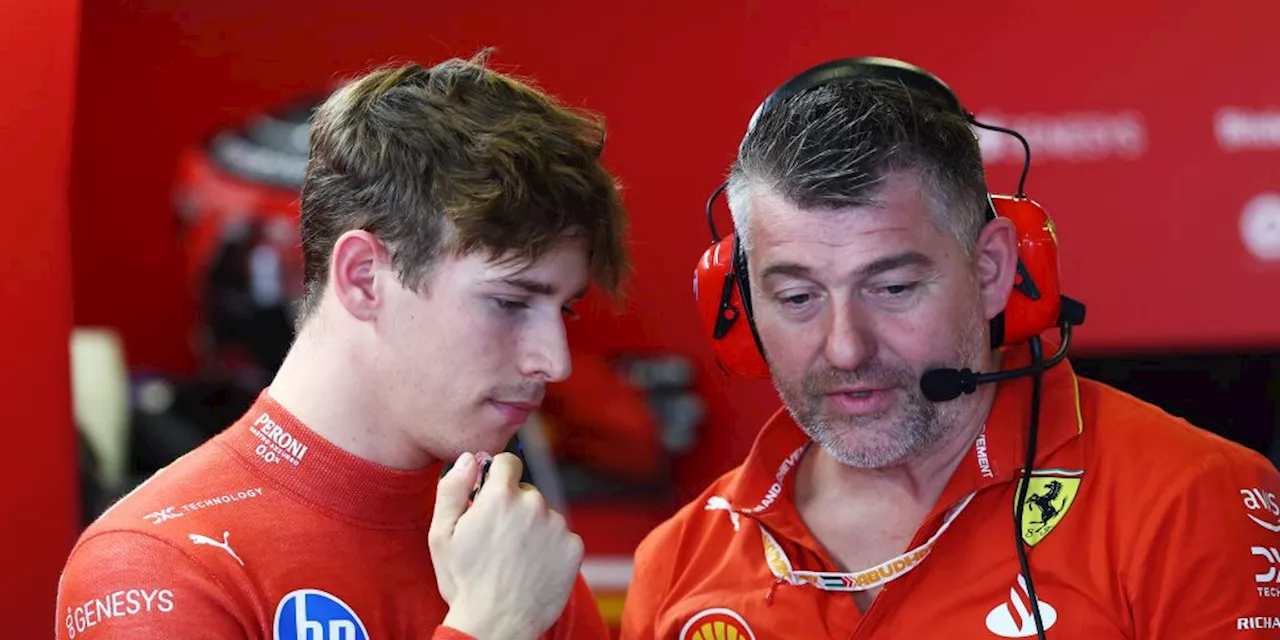 F1 Abu Dhabi Notes: Arthur Leclerc Gave Ferrari 1-2 PunchAlso, news on China Grand Prix, Kevin Magnussen, Dutch Grand Prix and more.
F1 Abu Dhabi Notes: Arthur Leclerc Gave Ferrari 1-2 PunchAlso, news on China Grand Prix, Kevin Magnussen, Dutch Grand Prix and more.
Read more »
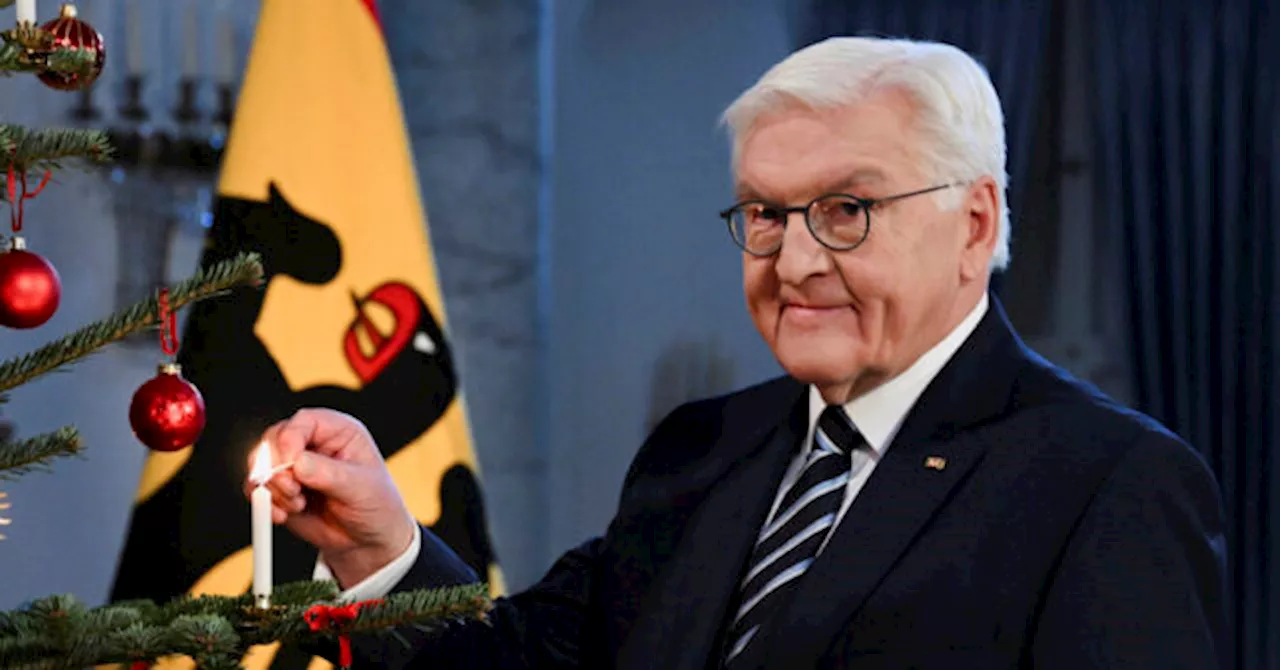 Germany to Hold Early Elections Amidst Political UncertaintyGermany faces snap elections in February 2024 after its coalition government collapsed. The President cites the need for a government capable of addressing pressing challenges and believes the current Bundestag structure hinders this. Right-wing parties are leading in polls, raising concerns about the potential rise of the Alternative for Germany (AfD). The Christian Democratic Union (CDU) aims to prevent the AfD from gaining power, but may need to form a coalition with left-wing parties.
Germany to Hold Early Elections Amidst Political UncertaintyGermany faces snap elections in February 2024 after its coalition government collapsed. The President cites the need for a government capable of addressing pressing challenges and believes the current Bundestag structure hinders this. Right-wing parties are leading in polls, raising concerns about the potential rise of the Alternative for Germany (AfD). The Christian Democratic Union (CDU) aims to prevent the AfD from gaining power, but may need to form a coalition with left-wing parties.
Read more »
